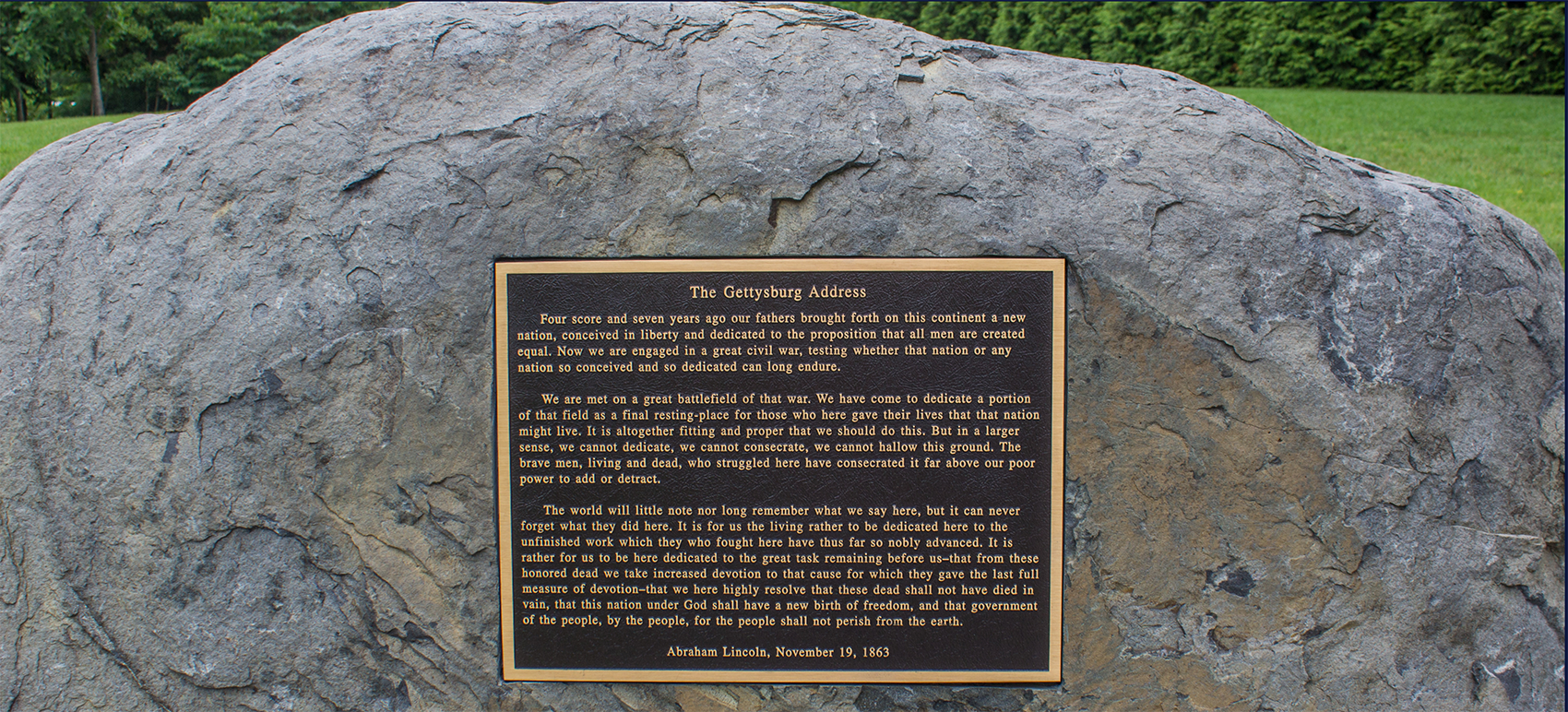Kerby Anderson
At a time when politicians are talking about threats to democracy, it might be worthwhile to consider what democracy really is. But first a disclaimer: America is a republic, not a democracy.
Professor Allen Guelzo recently wrote about “Lincoln’s Vision of Democracy.” After the battle of Gettysburg, Lincoln was asked to participate in the dedication of a national cemetery in that town. The featured orator was Edward Everett, but the short 272-word speech by Abraham Lincoln is the message we remember.
Lincoln laid out the story of the American republic in three stages: the past (“four score and seven years ago”), then the present (“now we are engaged in a great civil war”), and then the future (“we here highly resolve that these dead shall not have died in vain”).
The least examined words of the address are the triplet: “government of the people, by the people, for the people.” This was more than a rhetorical flourish. Lincoln essentially laid out the three foundations of our government.
The first is consent. We are a government “of the people.” In a previous speech, he explained that “the just powers of governments are derived from the consent of the governed.”
The second distinctive feature is the people’s voice in the affairs of governing. We are a government “by the people.” Lincoln argued that government by the people was through their laws and through elections and not by mobs.
The third element is a government that serves the interests of the people. We are a government “for the people.” Government is not for a king or an aristocracy or even for a few elites.
What is the form of government in America? It is a government of the people, by the people, and for the people.
 Listen Online
Listen Online Watch Online
Watch Online Find a Station in Your Area
Find a Station in Your Area










 Listen Now
Listen Now Watch Online
Watch Online
